You naturally want to spoil your pet rotten this holiday season—and every other day—but a trip to the emergency veterinary hospital for a fractured tooth, gastrointestinal (GI) obstruction, pancreatitis, or other issue related to unsafe treats will spoil your holiday celebration. Before giving your dog a turkey drumstick, or filling your cat’s stocking with sweet snacks, determine which treats are safe for your furry pal. Our Aberdeen Veterinary Clinic team describes common unsafe treats owners often give their pets during the holidays and safe alternatives that are just as tasty.
Try this, not that: Try turkey breast, not ham
Why it’s better: Roasted meat’s mouthwatering aroma is sure to draw your four-legged friend to the table, but don’t give them turkey skin, dark meat, or ham. These tasty morsels are typically heavily seasoned and high in salt and fat, which can lead to toxicity, stomach upset, or pancreatitis. Offer your pet a few bites of unseasoned, skinless, boneless turkey breast as a healthy treat.
Try this, not that: Try plain sweet potatoes, not mashed potatoes
Why it’s better: Mashed potatoes are often loaded with butter, milk, heavy cream, garlic, or chives, which can be dangerous ingredients for pets. Fatty foods can trigger pancreatitis, and pets are generally lactose-intolerant and can develop significant stomach upset from dairy products. Garlic, chives, onions, and leeks are members of the Allium family, and if your pet eats these herbs and vegetables, they can become anemic as a result of red blood cell damage.
If your furry pal is eyeing your mound of gravy-laden mashed potatoes, give them a few cubes of plain steamed sweet potatoes. You can also dehydrate plain sweet potato strips into a healthy chew.
Try this, not that: Try steamed unseasoned green beans, not green bean casserole
Why it’s better: Creamy green bean casserole topped with crunchy French-fried onions is a holiday favorite, but it’s one that you shouldn’t share with your pet. Fattening and toxic ingredients are best swapped out for unseasoned steamed green beans or no-salt-added canned green beans.
Try this, not that: Try corn kernels, not corncobs
Why it’s better: Tossing your pup a corncob to gnaw might seem like a good idea, but a corncob can easily become lodged in your pet’s GI tract and require surgical removal. However, corn is a healthy pet food, provided it is free from butter, salt, and other seasonings, so cut some corn off the cob and add it to your furry pal’s holiday feast.
Try this, not that: Try berries, not grapes, raisins, or currants
Why it’s better: While fruit is generally considered a healthy snack, grapes, raisins, and currants are toxic to pets. The tartaric acid in these fruits can spur acute kidney failure, so give your pet berries instead. You can also offer your pet small banana bites, cored apple chunks, or melon cubes to satisfy their sweet tooth.
Try this, not that: Try pumpkin, not pumpkin pie
Why it’s better: Pumpkin is healthy, right? While plain pumpkin is a great vitamin, mineral, and fiber source, pumpkin pie is a dangerous source of xylitol, cloves, and allspice, which are toxic ingredients for pets. A couple dollops of plain canned pumpkin topped with a tiny dab of whipped cream can make the perfect dessert for your furry pal.
Try this, not that: Try peanut butter, not chocolate
Why it’s better: Rather than giving your pet toxic chocolate treats, opt for peanut butter-flavored snacks. Ensure the peanut butter is not sweetened with xylitol, and only give your pet a small amount, as this tasty food is high in fat and calories.
Try this, not that: Try a stuffed Kong, not a bone
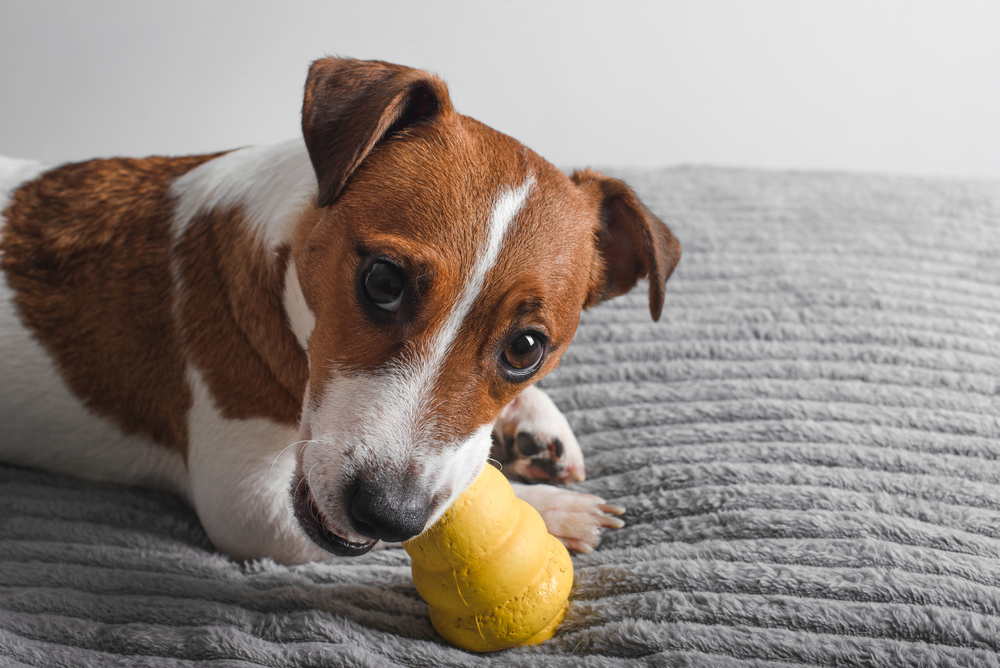
Why it’s better: Your pooch is likely eyeing that discarded turkey leg or the meaty ham bone, but bones, whether cooked or raw, pose a serious health risk to your pet. Cooked bones are more likely to splinter and pierce a pet’s mouth, throat, or GI tract, while raw bones can fracture your pet’s teeth or be contaminated with bacteria.
Rather than giving your pet a dangerous meat bone, provide them with a healthy snack stuffed in a rubber Kong. Fill the toy with your pet’s favorite, such as xylitol-free peanut butter, low-fat yogurt, cottage cheese, spray cheese, or canned food, and mix in a few crunchy snacks for added interest. Freeze the Kong overnight to make the contents last long enough for your family to enjoy a leisurely holiday dinner, open gifts, or take in a festive movie.
Offer your pet these healthy treat alternatives rather than traditional holiday foods that could cause them to experience a veterinary emergency. However, if your four-legged friend gets their paws on an off-limits treat this holiday season, immediately contact our Aberdeen Veterinary Clinic team.


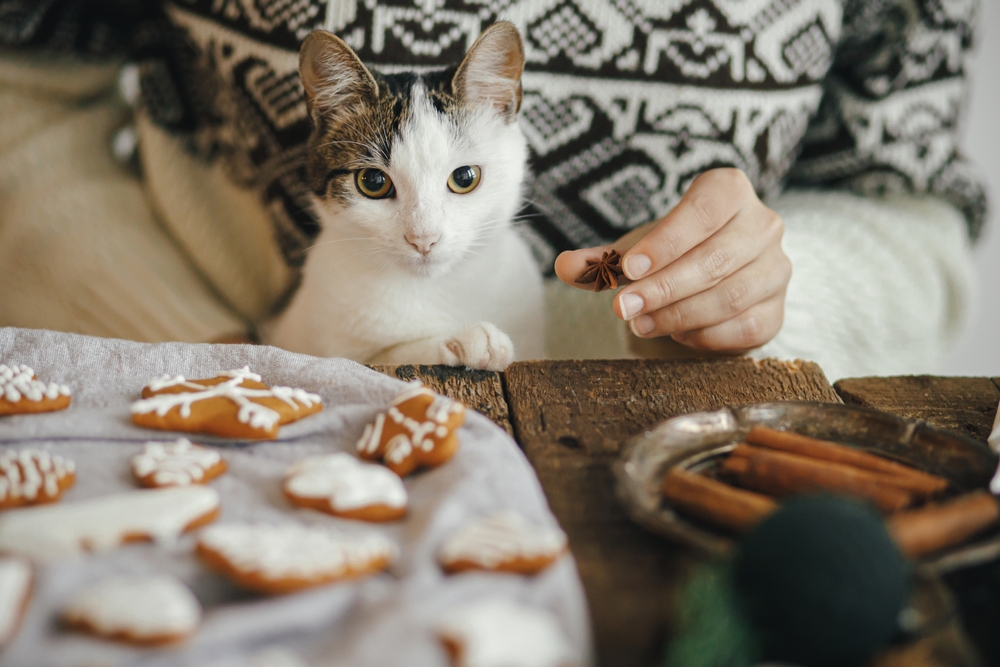
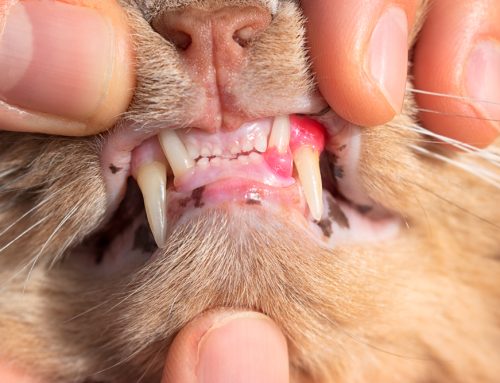
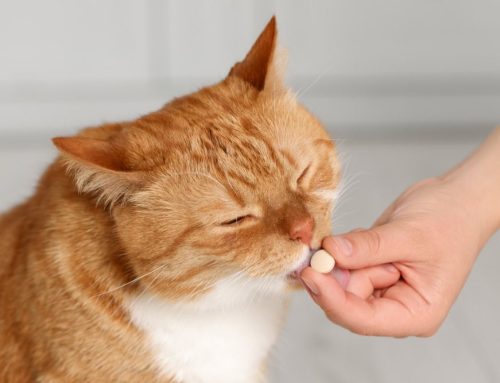

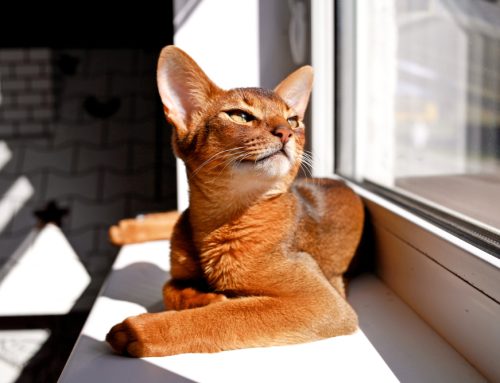
Leave A Comment